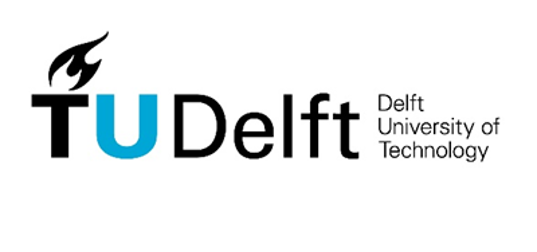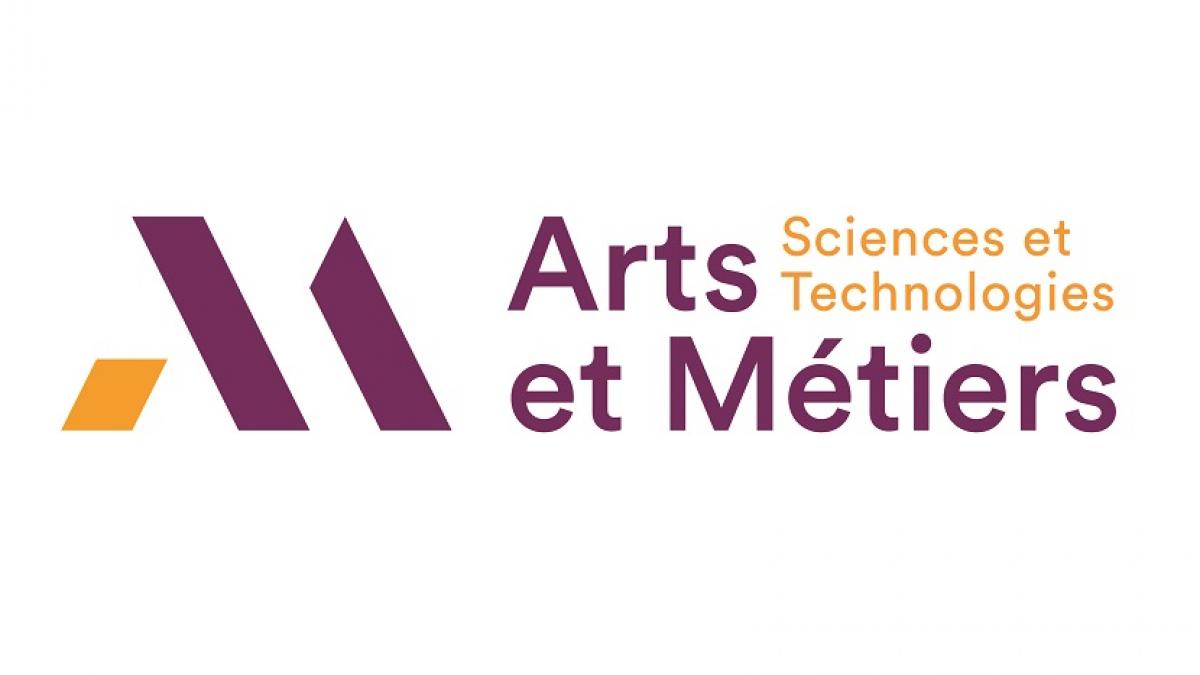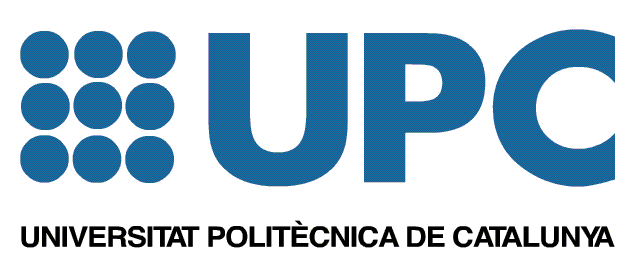PROSECCO
DC Protection, Security, Control and Optimisation
Project description
The PROSECCO project brings direct advancements to the maturity level of HVDC grids. Doing so, it aids in realizing Europe's climate goals for 2050. Meshed HVDC grids is a key technology to integrate offshore wind and to upgrade the European power system. As such, the future power system will be a hybrid AC/DC grid where the HVDC grid seamlessly integrates with AC systems. PROSECCO addresses innovation needs in grid protection near HVDC converters and congestion management for hybrid AC/DC grids. PROSECCO utilises Model Based System engineering to have a consistent approach that is vendor neutral from design. It will advance research on (HVDC) grid protection, focusing on harmonized specifications, improved testing, multi-vendor integration, enhancing grid stability and selective protection. In congestion management, the project develops power flow schedulers, power flow control hardware, and holistic cost-benefit analysis tools.
PROSECCO will mature hybrid AC/DC grids through 4 different demonstrators across three EU member states, namely (1) unique test equipment for DC relays (2) DC protection relays being installed in actual DC grids (3) a full scale DC power flow controller and (4) software to evaluate the cost-effectiveness of protection and congestion management solutions. The project also contributes to international standardization and builds confidence in TSOs, educates power system engineers, and provides recommendations to ENTSO-E.
Intended deliverables
PROSECCO will mature hybrid AC/DC grids through 4 different demonstrators across three EU member states:
- unique test equipment for DC relays
- DC protection relays being installed in actual DC grids
- a full scale DC power flow controller and
- software to evaluate the cost-effectiveness of protection and congestion management solutions.
TU Delft’s role is to lead WP4 and the design of the demonstration of the DC relay and control and protection units in the hardware-in-the-loop real-time RTDS laboratory. Furthermore, the demonstration will be continued in the DC substation.
Project partners
TU Delft, KU Leuven, TU Braunschweig, TenneT, RTE, Universitat Politècnica de Catalunya, Institut Polytechnique de Grenoble, École Nationale Supérieure d'Arts et Métiers, Centrale Lille, Université Grenoble Alpes, AMVALOR










TUD team

R. (Rahul) Rane
Rahul received his B.Tech. degree in Electrical Engineering from Veermata Jijabai Technological Institute (VJTI) in Mumbai, India, in 2021. He completed his M.Sc. degree in Electrical Power Engineering at Delft University of Technology in Delft, Netherlands, in 2024. Since August 2024, he has been working as a PhD Researcher at Delft University of Technology in Delft, Netherlands. His research interests include modeling, stability analysis, control, and the application of machine learning in power electronic-dominated power systems.

